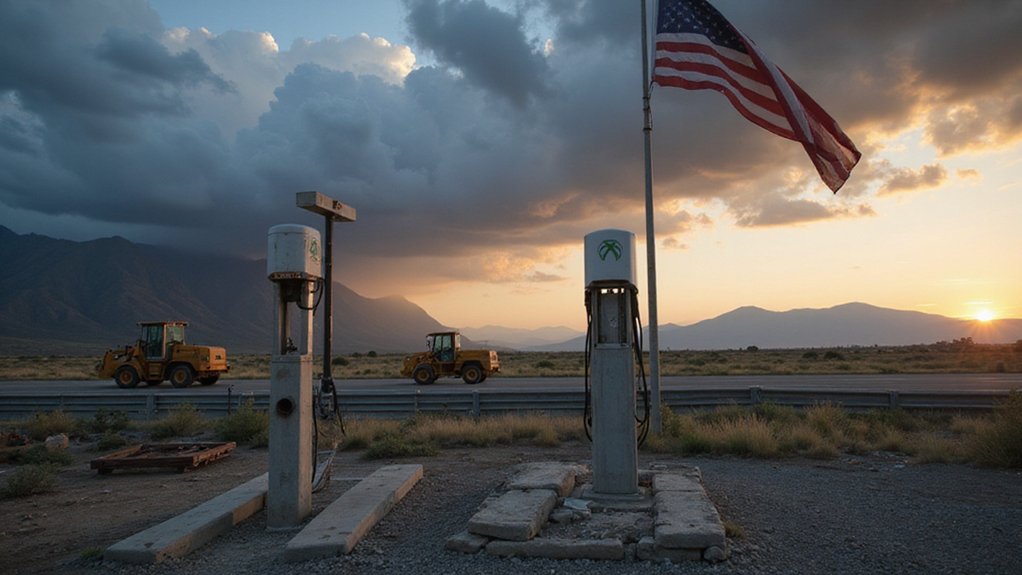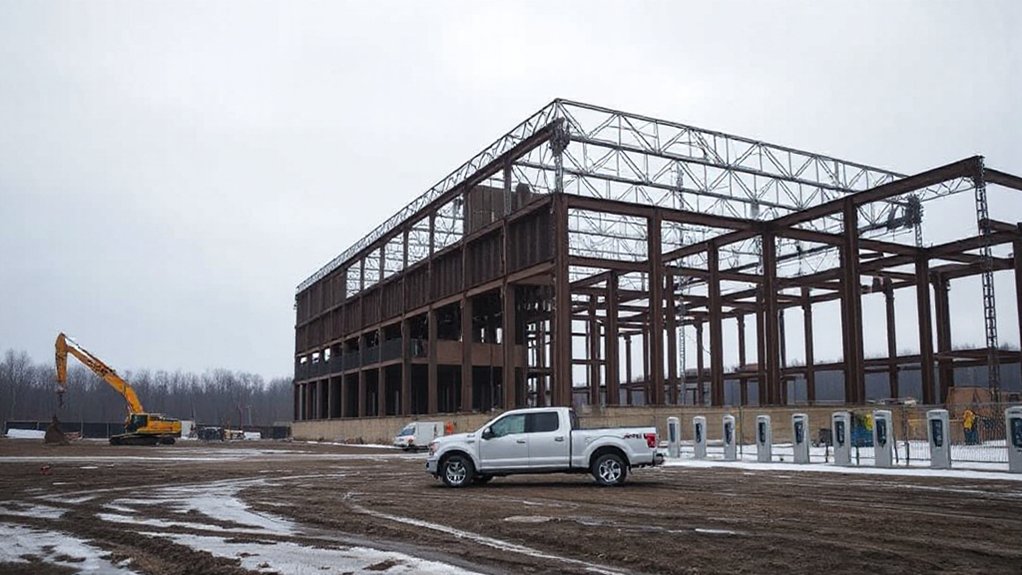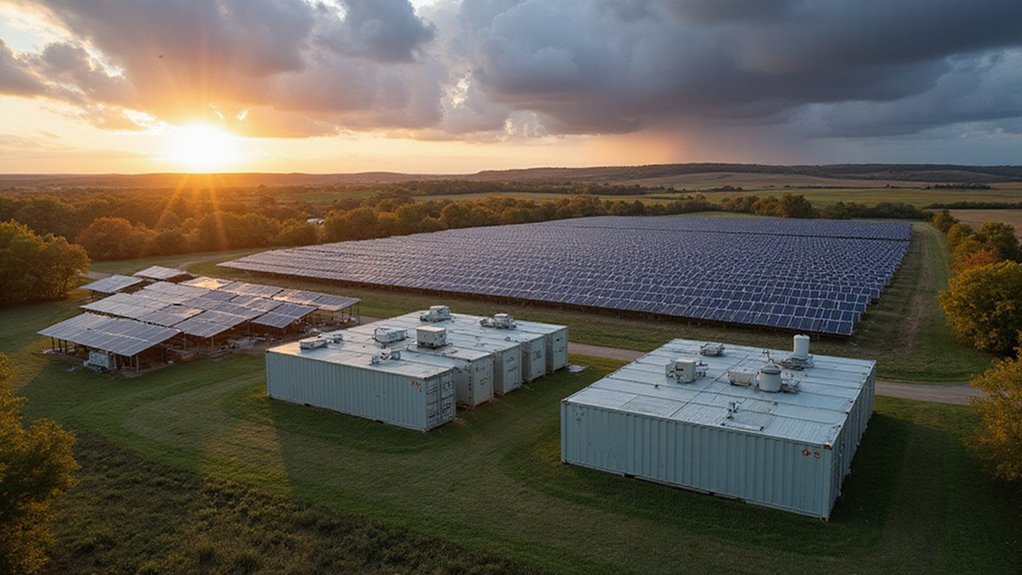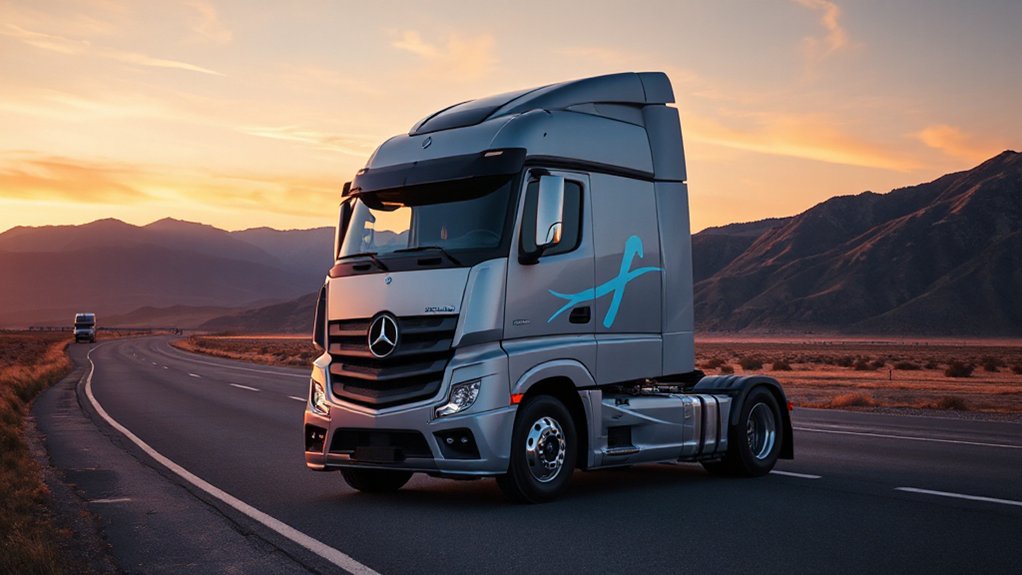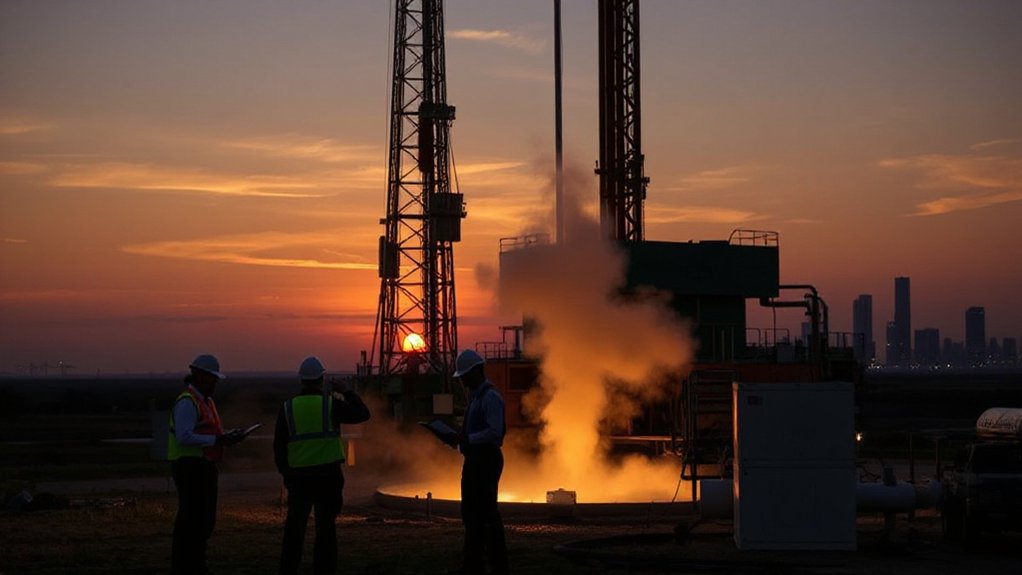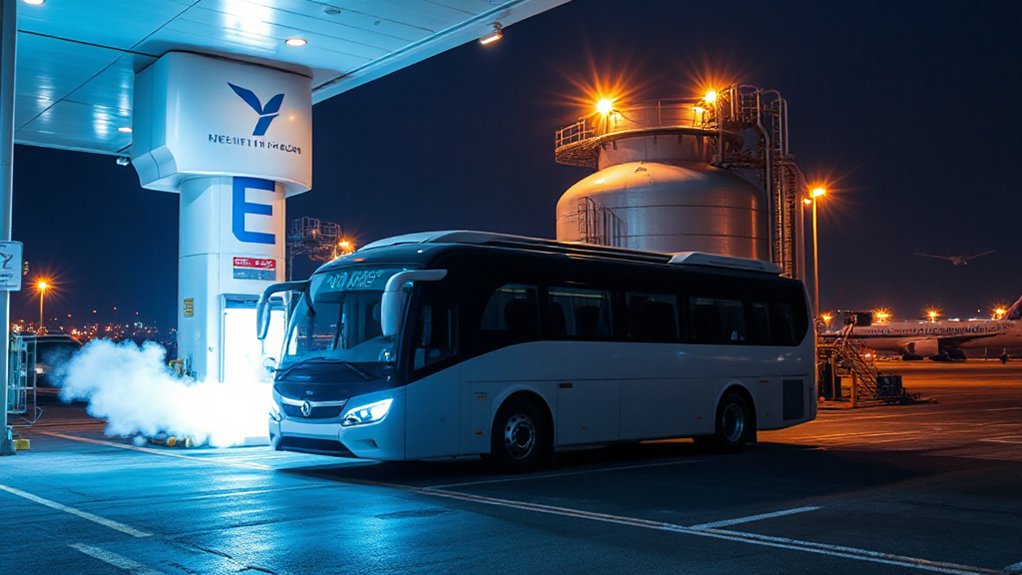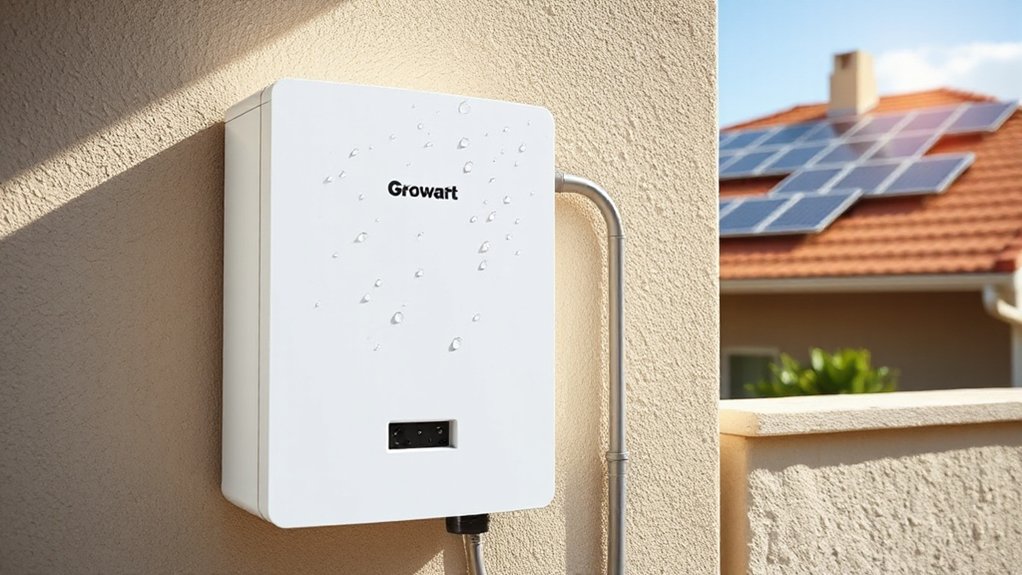A major legal battle is brewing between 17 states and the Trump administration. The states are suing over what they call an “illegal freeze” of $5 billion meant for electric vehicle charging stations nationwide. California leads the coalition challenging the hold on $3.3 billion already approved by Congress. The dispute raises questions about presidential power versus legislative authority. What happens next could reshape America’s transportation future and test constitutional boundaries.
Seventeen states have launched a legal battle against the Trump administration over its decision to freeze billions of dollars in electric vehicle (EV) charging infrastructure funds. The lawsuit targets the U.S. Department of Transportation and Secretary Sean Duffy for suspending the National Electric Vehicle Infrastructure (NEVI) Formula Program, which was established through the Infrastructure Investment and Jobs Act.
The coalition, led by California, Colorado, and Washington, filed their case in a Seattle District Court. They argue that the administration’s freeze violates federal law because the executive branch cannot override money that Congress has already approved for specific purposes. The states seek court orders to force the release of the frozen funds.
The disputed program totals $5 billion, with $3.3 billion currently on hold. This money was meant to create a nationwide network of charging stations along major highways. New York alone was expecting over $175 million, with $120 million now frozen.
“This isn’t just about electric vehicles,” said one state attorney general. “It’s about respecting the law and the separation of powers.” The states insist no federal EV mandate exists, making the administration’s justification for the freeze baseless.
The funding pause has created problems for states that already started implementing charging networks. Projects in various stages of planning or construction now face uncertainty. The lack of infrastructure resulting from this freeze could significantly slow EV adoption across these states. Local economies that expected new jobs from these infrastructure investments may also suffer.
Governor Gavin Newsom has specifically criticized Trump’s actions as harmful to innovation and America’s competitive position in the global EV market.
States in the lawsuit include Arizona, Delaware, District of Columbia, Hawaii, Illinois, Maryland, Minnesota, New Jersey, New Mexico, Oregon, Rhode Island, Vermont, and Wisconsin, alongside the three lead states.
Electric vehicles represent a critical component of the green revolution, supporting environmental preservation through reduced emissions compared to conventional vehicles.
The legal challenge centers on a key point: only Congress has spending power under the Constitution. By freezing funds that lawmakers approved for EV infrastructure, the states argue the administration has overstepped its authority.
The outcome of this case could set important precedents about executive power over congressionally approved funding.
References
- https://fortune.com/2025/05/08/17-states-suing-trump-administration-blocking-billions-ev-chargers/
- https://electrek.co/2025/05/07/ca-and-16-states-sue-feds-for-5b-gift-to-china-withholding-ev-charger-funds/
- https://www.fingerlakes1.com/2025/05/08/states-sue-dot-ev-funding-freeze/
- https://www.claimsjournal.com/news/national/2025/05/07/330493.htm
- https://www.business-standard.com/world-news/donald-trump-sued-us-states-ev-charging-infrastructure-funding-125050800522_1.html
